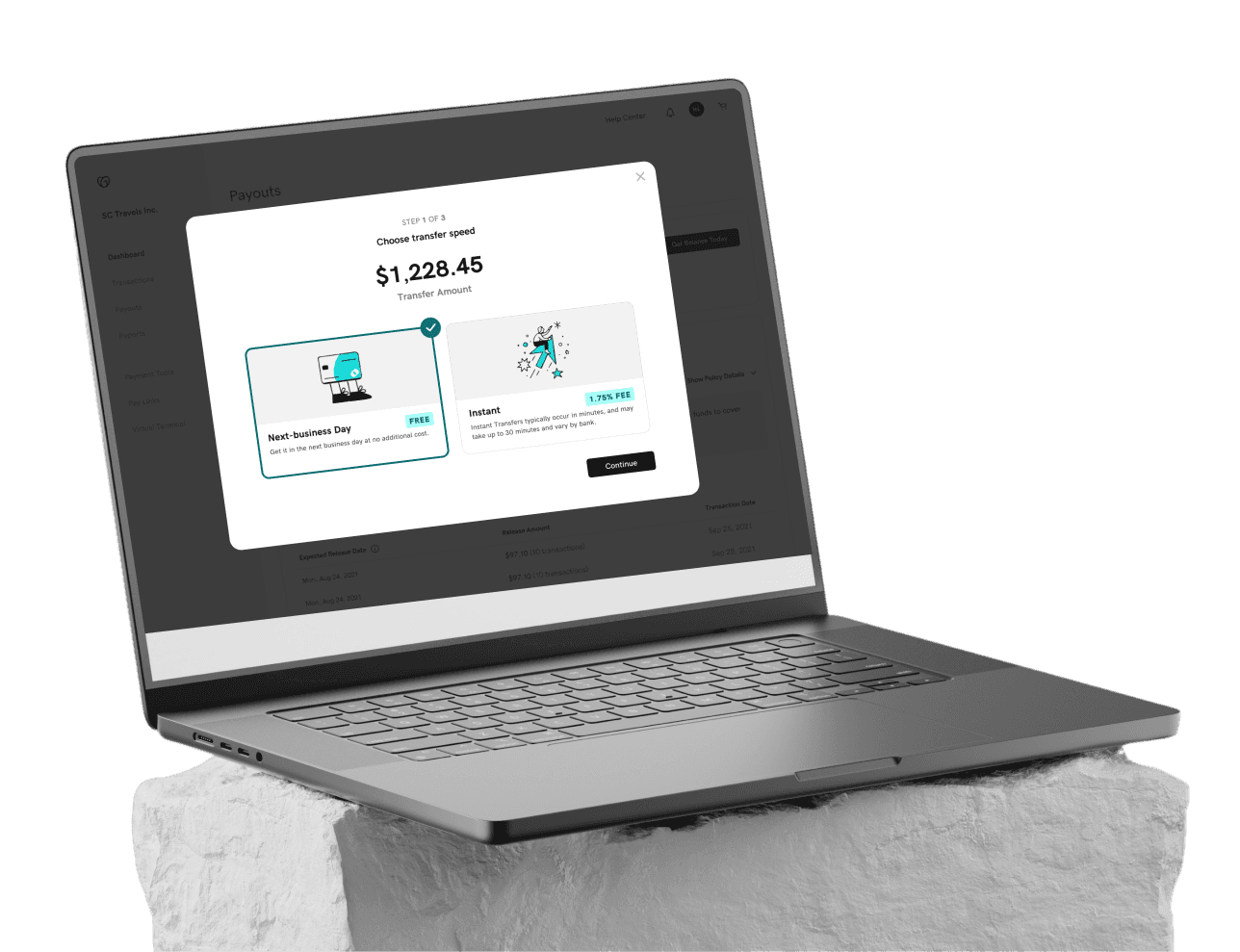SHIQIU

Leverage crowdsourced data for fast parking spot discovery
CONCEPT DESIGN ∙ MOBILE
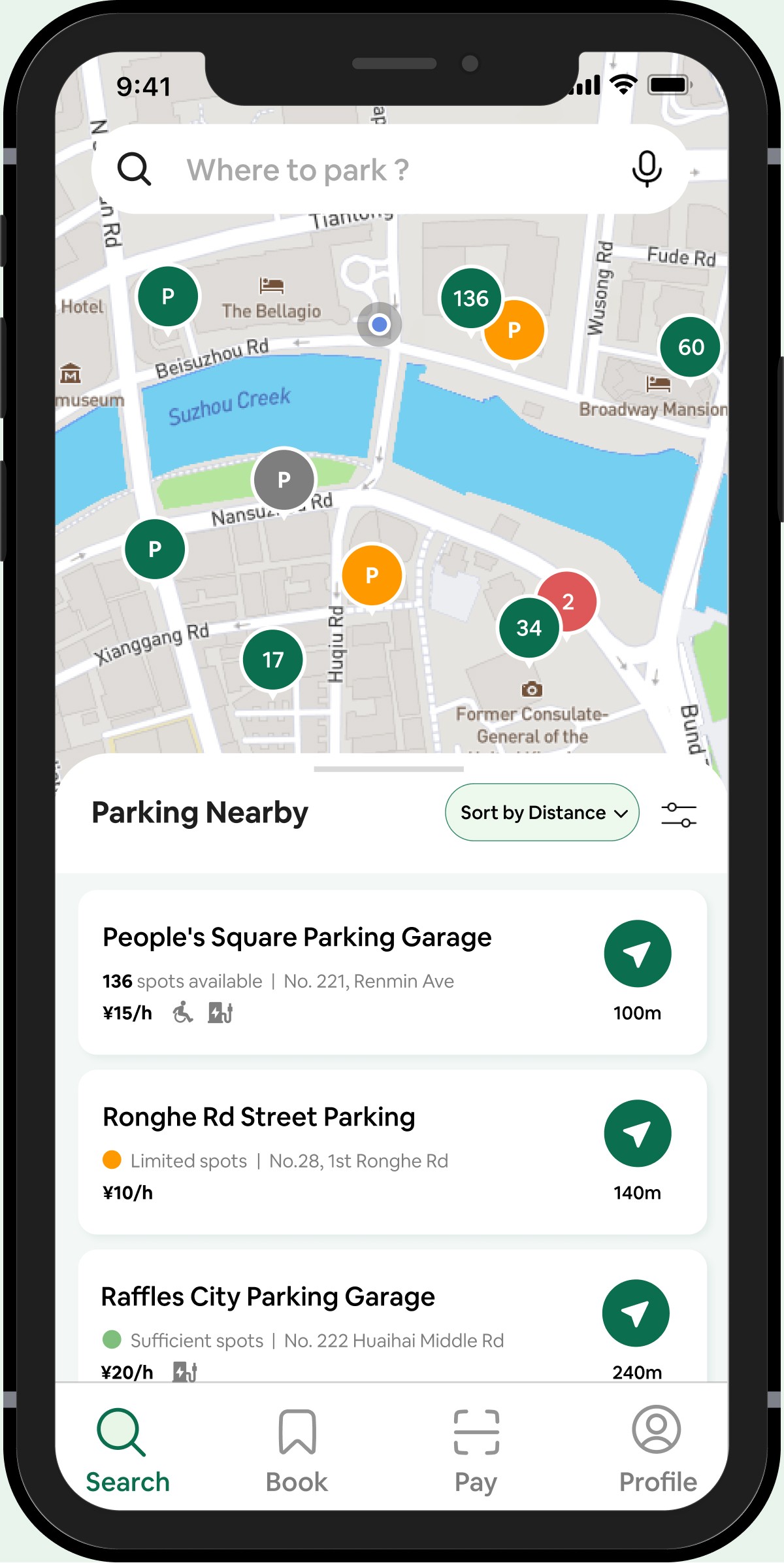
PROMPT
Parking issues persist and have worsened in China's large cities despite government efforts. Propose a creative solution to address parking challenges in most municipal cities.
SKILL
Product Strategy, Interaction & Visual Design, Research,
TOOL
Figma, Google Forms, Google Analytics
TIMELINE
5 Days
HMW help drivers find empty spots faster, given the challenge of acquiring data from unmonitored parking lots?
REDEFINED PROBLEM
SOLUTION
Crowdsourced Data Collection
There’re 2 methods to collect crowdsourced data: 1. User Survey Submission: users rate parking ease as “easy”, “hard” or “no parking” after entering a lot without real-time data; 2. User Behavior Analysis: our app uses location data, analyzes user behaviors, e.g. length of stay, to estimate parking difficulty. Lastly, the algorithm generates a recommendation list based on all data inputs.
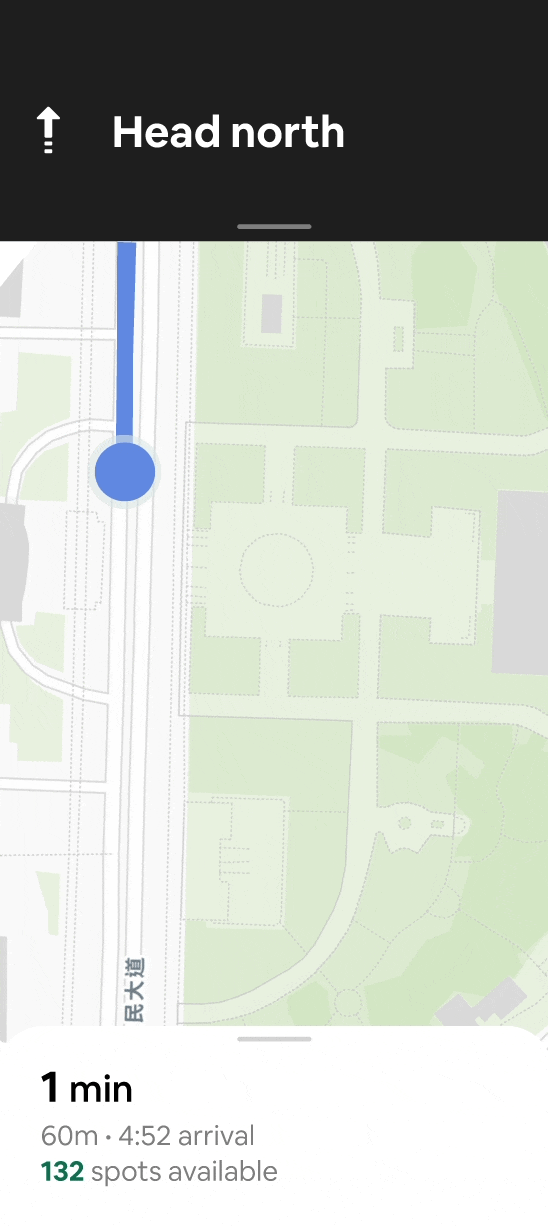
Parking Difficulty Visualization
Use clear, intuitive visuals to show spot availability: numbers for remaining spots, and colors for parking difficulty. An expandable bottom sheet offers key details like pricing, and one-click navigation to the target parking lot. All supports fast and informed decision-making.
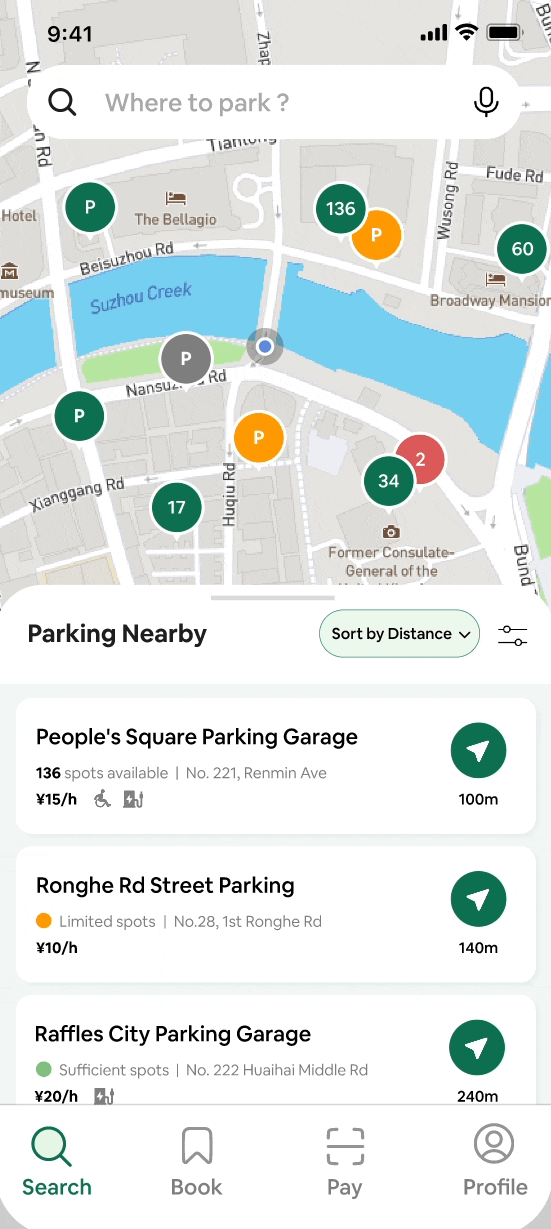
Automatically Activate Parking Search
A key principle in designing for driving is to simplify interactions. The algorithm guides parking at the right time based on difficulty, showing 3 top options in a carousel. If no selection is made, it assumes that driver is busy and automatically navigates to the best lot. Drivers can also set preferences in advance to skip the selection.

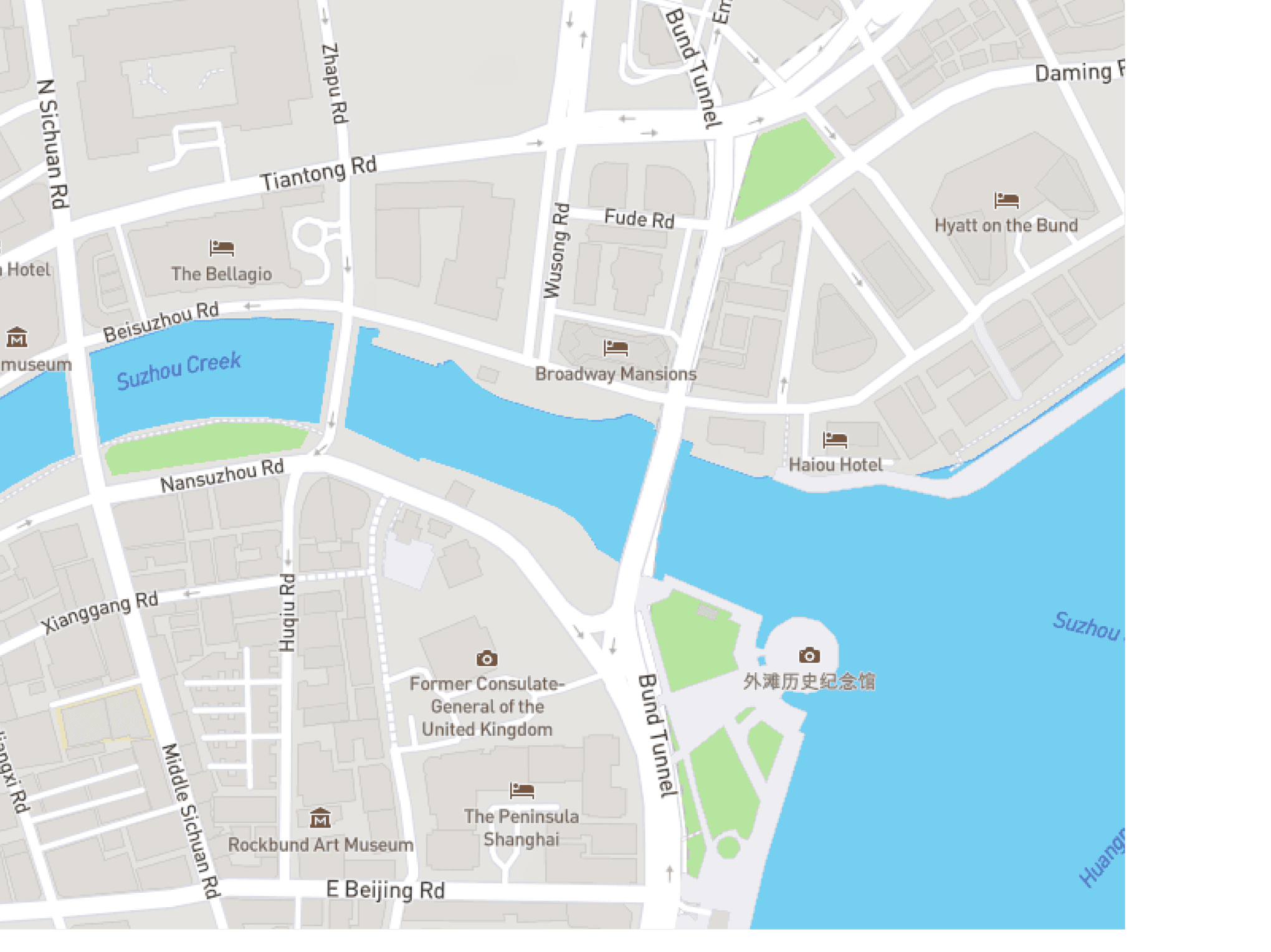
9:41
Parking Nearby
Where to park ?
P
60
P
P
17
2
34
Sort by Distance
100m
People's Square Parking Garage
136 spots available | No. 221, Renmin Ave
¥15/h
140m
Ronghe Rd Street Parking
¥10/h
240m
Raffles City Parking Garage
¥20/h
| No.28, 1st Ronghe Rd
Limited spots
Pay
Search
Book
Profile
| No. 222 Huaihai Middle Rd
Sufficient spots
P
P
136

WHY WORTH SOLVING
01
30% of traffic congestion is caused by finding parking spaces. 48% of daily vehicles need to queue in parking lots in big cities in China.
02
Current leading parking apps failed to help users, with none exceeding 5m downloads.


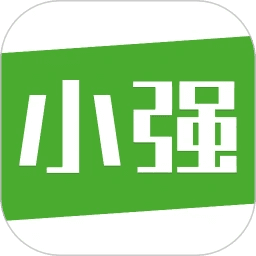

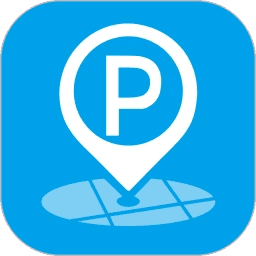
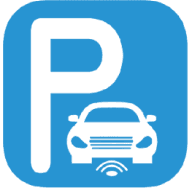
KEY FINDINGS
Competitors all fail due to Inadequate Parking Data
The National Parking Lot Analysis Report (2022) found current solutions fail because of insufficient city-wide parking data. 90% of participants agreed that knowing available spot data greatly reduces their stress by helping decide where and when to park, or whether to drive - If parking is really hard.
IDEATION
HMW acquire data from unmonitored parking lots
Concept 01: “One” Monitoring System for city-wide real-time spot tracking
Pros -simplify data collection, ensures high accuracy. Cons - require strong government support for large-scale success.
Concept 02: Device-free Management App for staff to report data periodically
Pros - low costs, easy implementation. Cons - low accuracy, limited coverage & challenges in standardizing manual inputs.
Concept 03: Crowdsourced Data App
Pros - cost-effective, avoiding reliance on hardware or partnerships. Cons - data quality depends on user participation. I ran a quick test showing that 4/5 users would participate if submission were very simple.
Equip parking lots
Staffs manually upload data
Crowdsourced data

DEFINE
Leverage Machine Learning to create recommendations
I created a model to visualize how user data are collected & how it interacts with ML, and define inputs & outputs. It ensures an intuitive experience and accurate data capture.
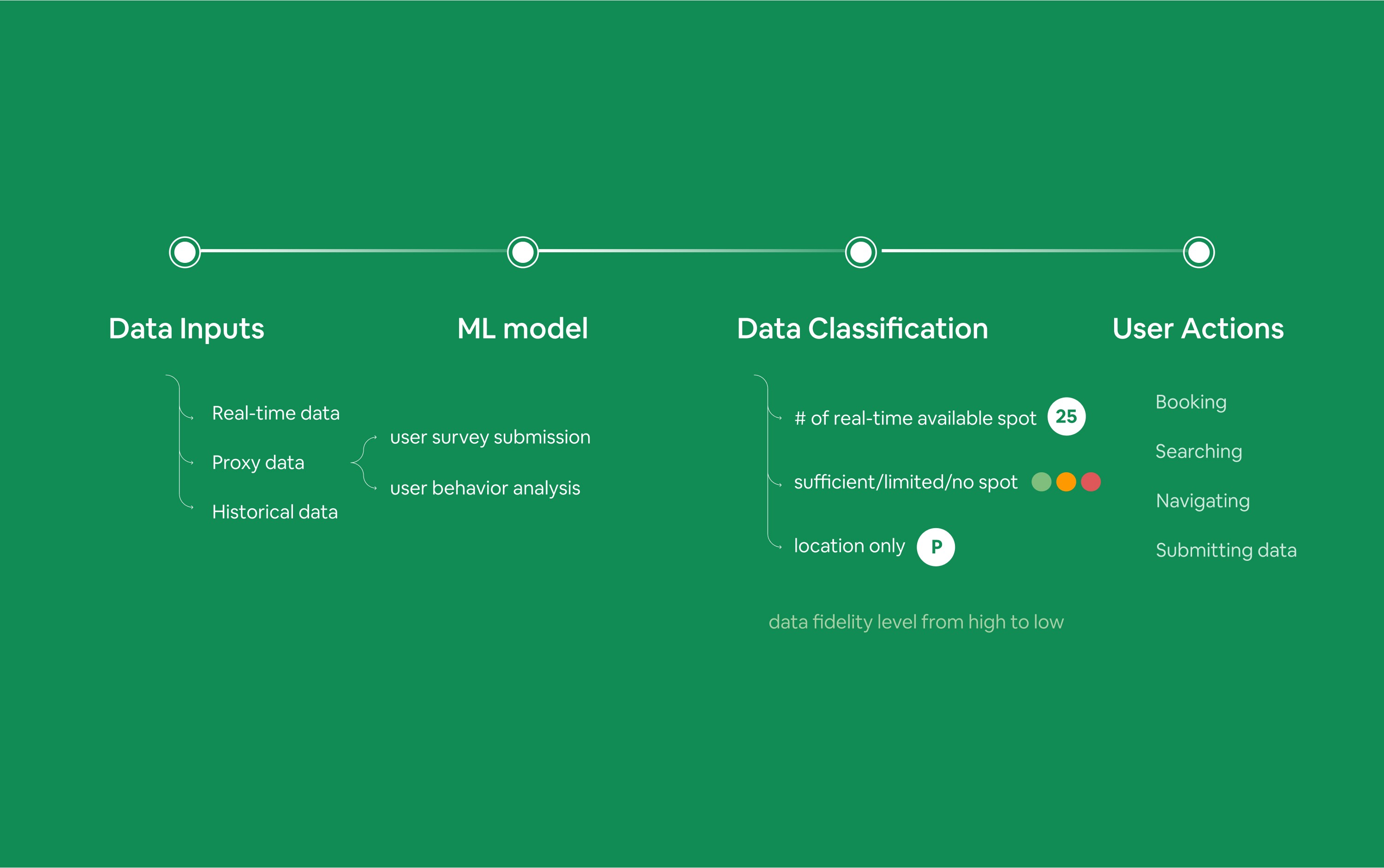
CHALLENGE
Research shows drivers struggle with when to start parking. Offering seamless notifications adds complexity.
When & How to prompt nearby parking options
01
When Searching Destination
Alongside the fixed bottom sheet for primary CTA, I used an expandable bottom sheet to suggest nearby parking, enabling direct navigation to parking and allowing drivers to view or dismiss details while keep the map visible. All key interactions are designed for easy reach (Ergonomics theory).
02
When Nearing Destination
Drivers need quick, minimal-interference decisions while driving. I used 3 options (Hick’s Law) with varying circle sizes, colors, and numbers to indicate parking ease, supporting informed, fast parking decisions. If none is chosen, our app auto-navigates to the best lot based on the algorithm.
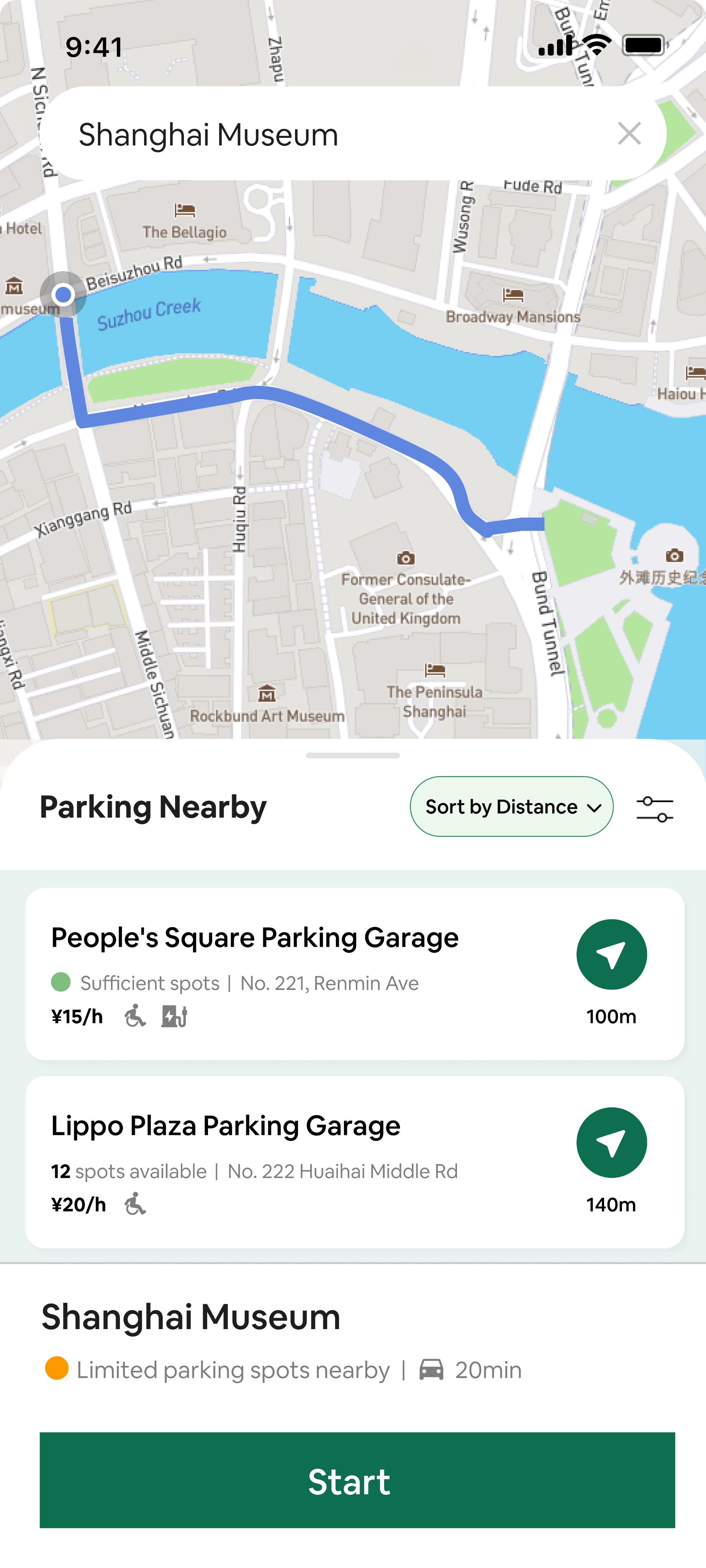
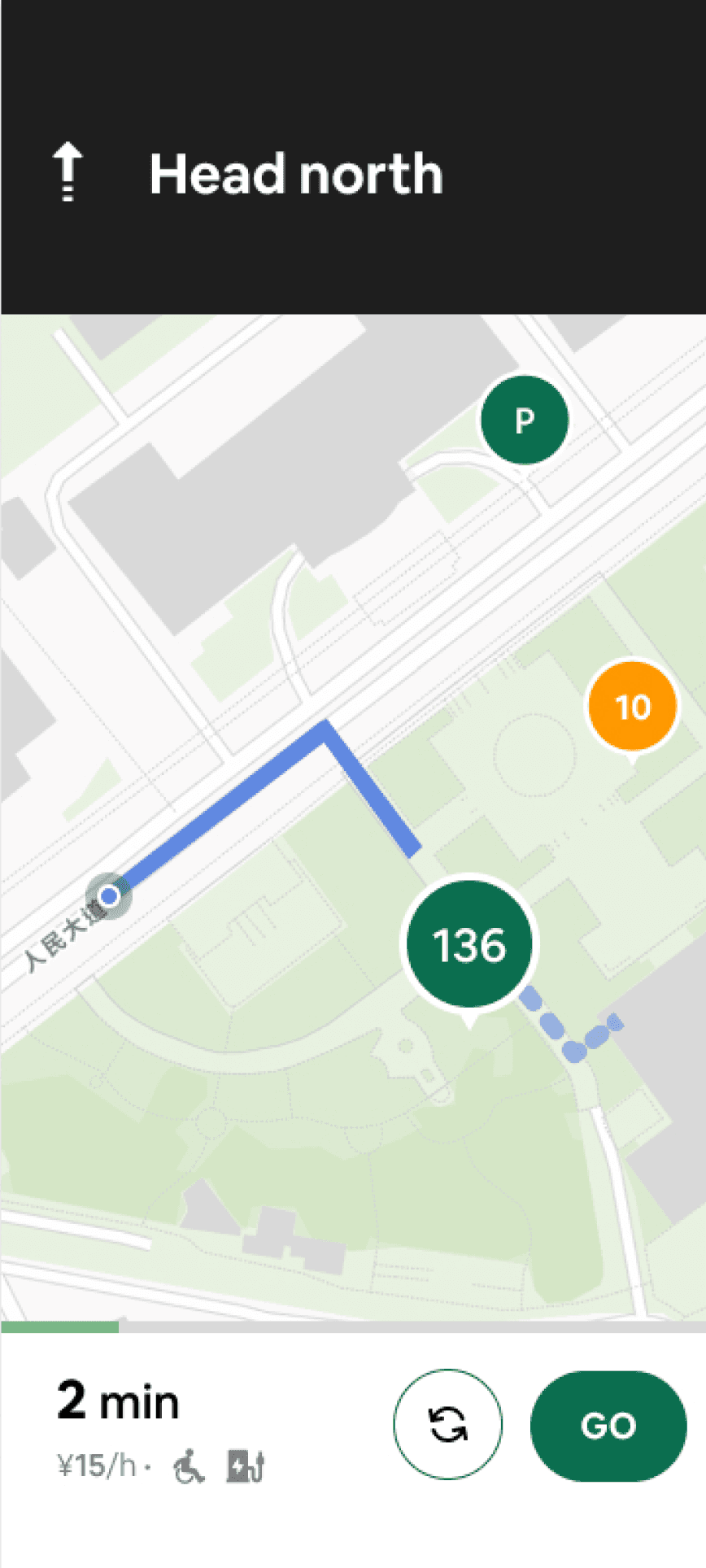
My V1 used a nearly full-page bottom sheet with a 2-step process, which felt intrusive and lacked context, leading to less relevant feedback. I updated it to a translucent dark scrim to offer context while supporting focus on the task. I also used emojis, colors to help users quickly identify positive and negative options, reducing their cognitive load.
Smooth, enjoyable feedback experience
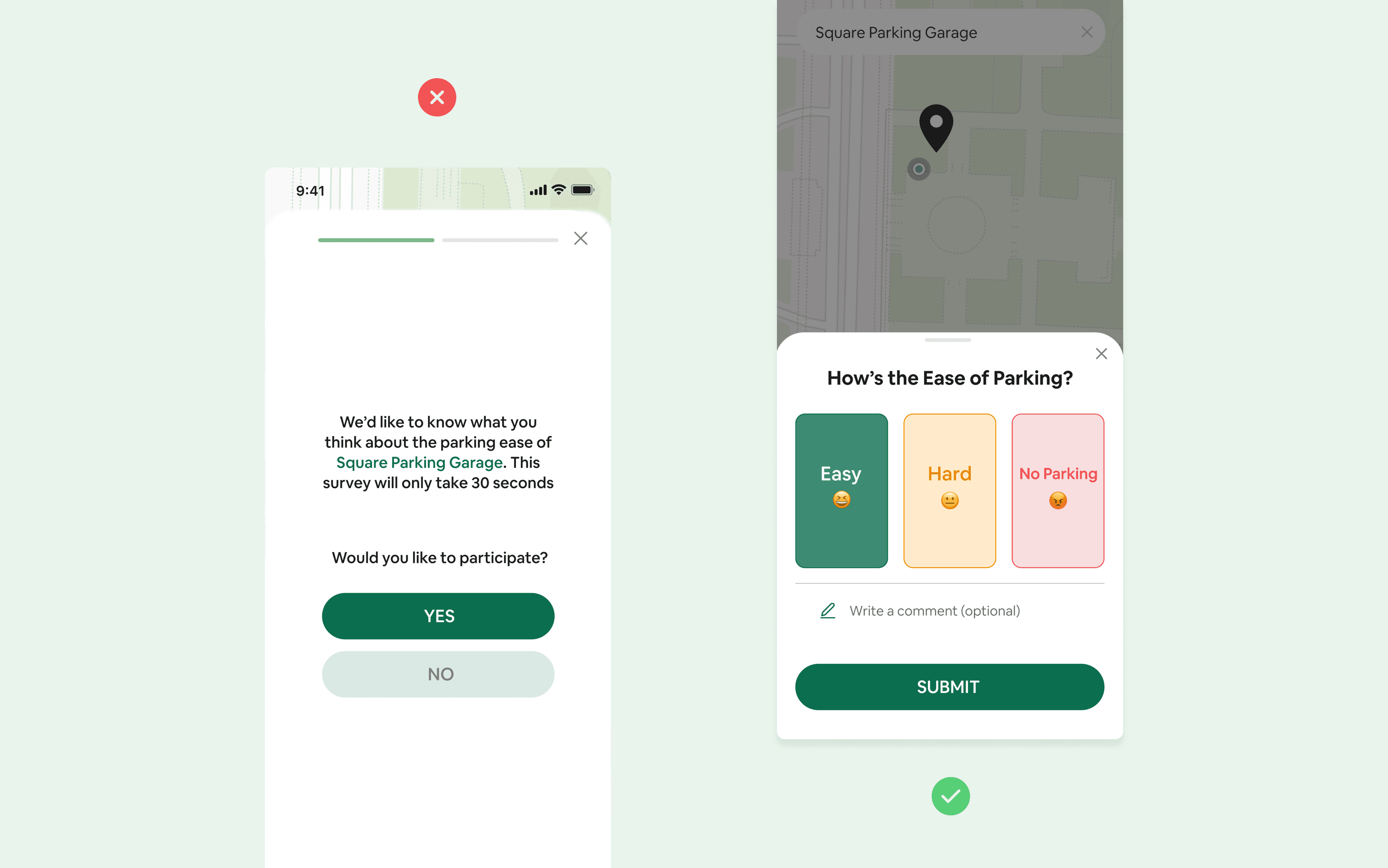
🎉 This challenge helped me win the offer from Microsoft.
RESULT
